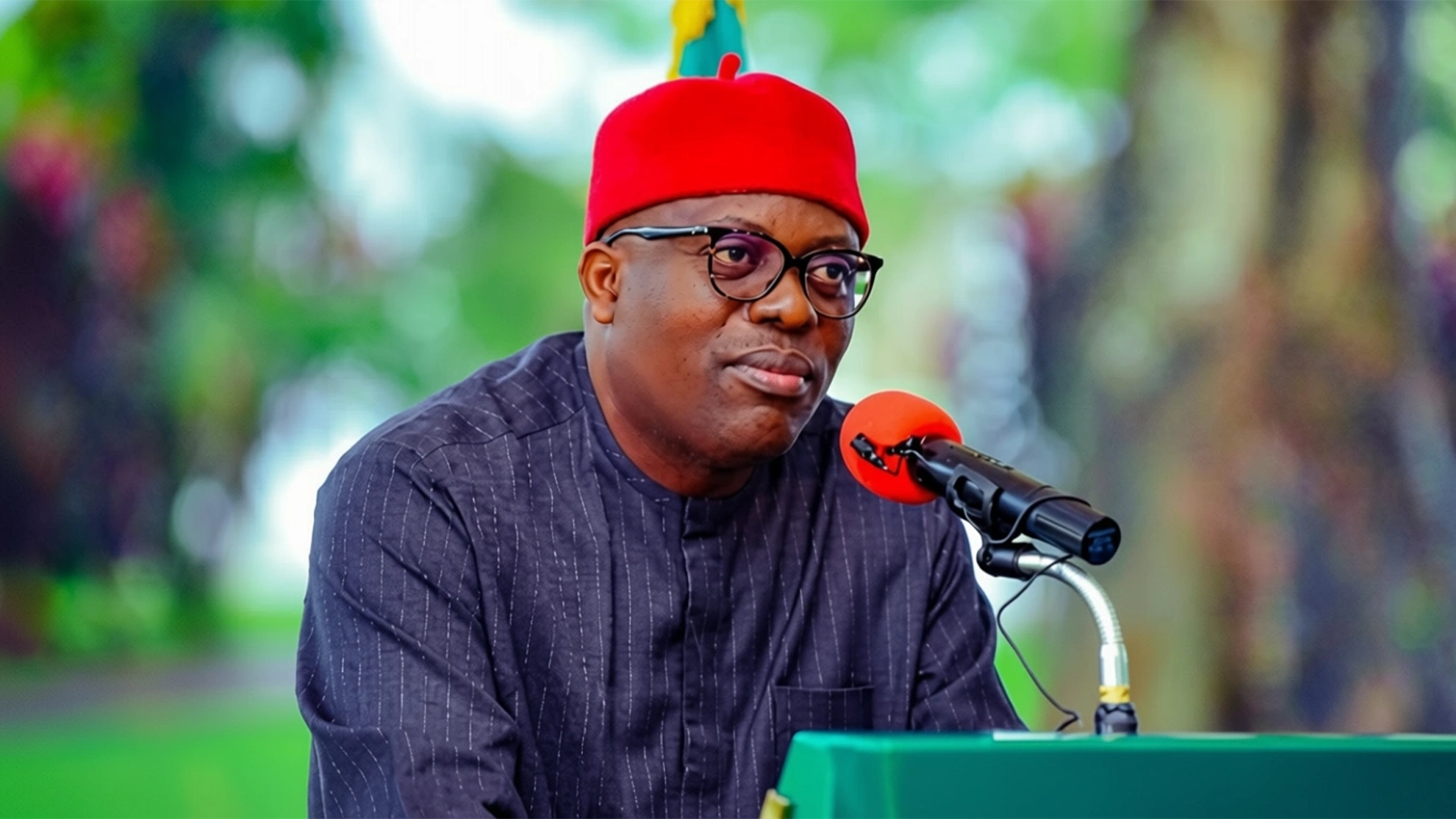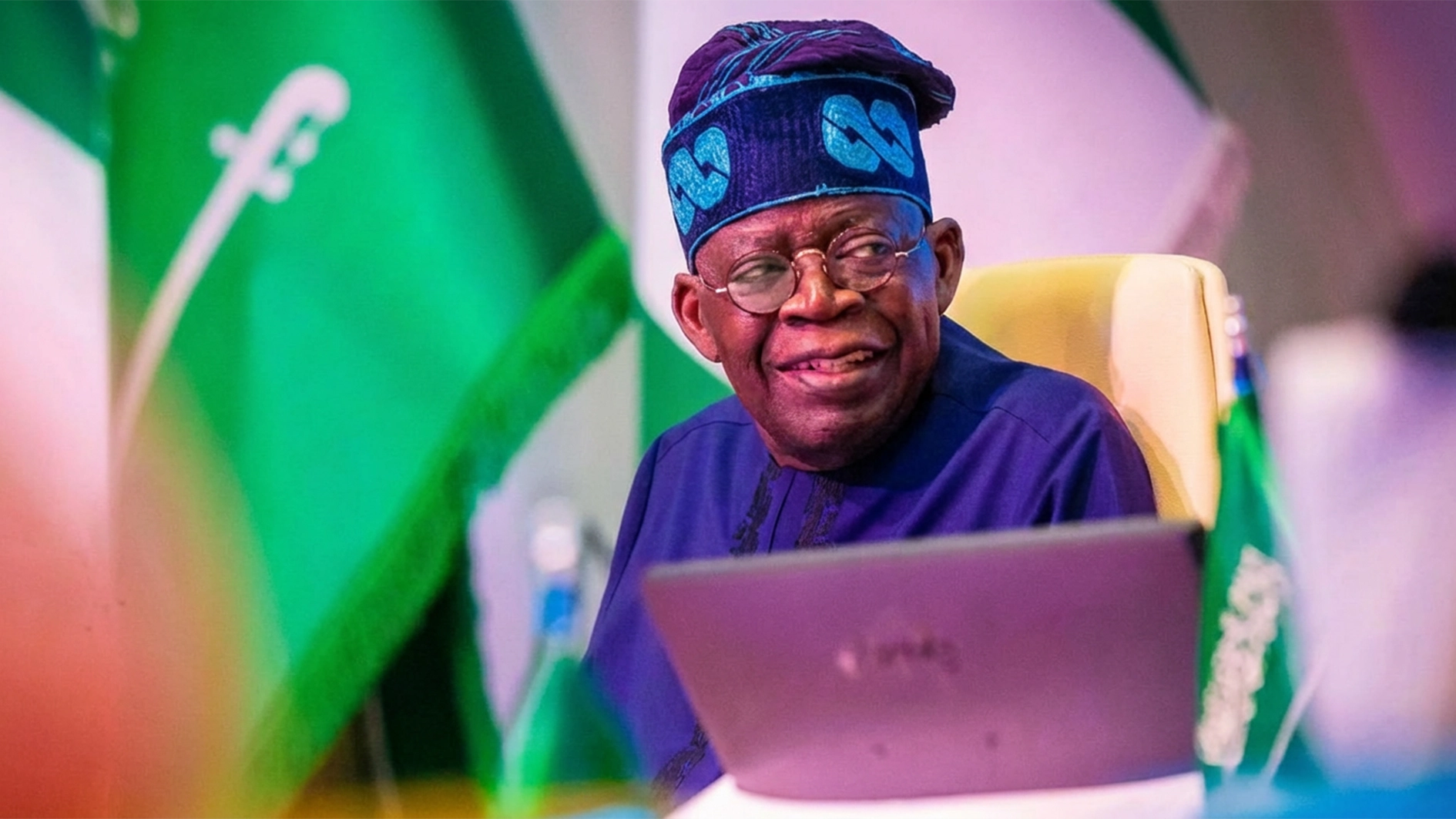Economic experts, under the Nigerian Economic Summit Group (NESG), have lamented why true development has eluded the nation, despite the Federal Government’s years of investment in physical infrastructure in the country.
The NESG, in partnership with the Gates Foundation under the Nigerian Hamilton Project, convened the Kaduna edition of the Development as Attitude: A National Dialogue Series at Arewa House, in Kaduna on Friday, to examine the reasons why successive governments failed in the journey towards changing the economic fortune of the country over the years.
Besides, speaking at the occasion, the former Minister of Finance and Budget Planning under Presidents Goodluck Jonathan and Late Umaru Musa Yar’adua, Dr. Shamsuddeen Usman, Kaduna Governor, Uba Sani, University Dons, and other policy makers highlighted Nigeria’s achievement of 26 years of uninterrupted democratic rule with peaceful government transitions as a sign of progress.
However, in his speech, Usman lamented the absence of a genuine social contract between government and citizens, where governments provide security, education, healthcare, and other essentials in return for taxes and civic responsibility—observing that this understanding has been lost over time.
The former Minister called on the present Government to provide robust economic policies to reflect on the cultural, institutional, and attitudinal drivers of national development.
In remarks, Kaduna State Governor, Senator Uba Sani, explained that the message of the Hamilton Project strongly aligns with Kaduna State’s ongoing reforms in governance, fiscal responsibility, and inclusive growth.
He said that “true progress goes beyond financial management and resource allocation, but that it depends on the values, attitudes, and actions of both leaders and citizens”.
According to him, “the Nigerian Hamilton Project serves as a bold reminder that the nation’s destiny is shaped by how Nigerians think, act, and pursue excellence collectively”.
He then expressed confidence that the deliberations at the Summit would “inspire fresh ideas and reinforce Nigeria’s shared commitment to accountability, innovation, and resilience”.
Other economic experts who spoke at the dialogue session include Professor of Finance at the Kaduna State University (KASU), Maryram Abdu, and a former Special Adviser to the President on Policy, Dr. Habiba Lawal.
Professor Abdu pointed out that Nigerian leadership “must be a deliberate choice, guided by integrity, foresight, and structured plans” in pursuing development goals for the nation, just as she warned that “Nigeria cannot afford leaders without vision or accountability, because a deficit of integrity fuels corruption and undermines development”.
Dr. Lawal, a Former Special Adviser to the President on Policy, however, stressed that leadership requires the ability to build consensus among citizens while ensuring that resources are used effectively and equitably in pursuit of the nation’s developmental goals.
Meanwhile, the national dialogue on development was anchored on the central thesis of ‘Development as Attitude’, a book authored by Professor Osita Ogbu, the Book’s Author and co-chair of the NESG National Economic Advisory Council, who emphasised that development is not merely an economic process but a societal mindset shift.
Ogbu stressed that sustainable growth requires values such as accountability, responsibility, and shared purpose among citizens, government, and institutions.
While reflecting on decades of research and writing, Ogbu remarked, “Professors are supposed to write, but sometimes you find that even professors are not concerned with welfare.”
“On a more serious note, when I reflect on the work I did 30 years ago, I often ask myself if anything has really changed. Going through old files, I still see the same issues of misalignment and unemployment that I have been writing about all my life. Upon review, I realised that what was missing was a deeper understanding of how people themselves are getting into problems,” he added.






